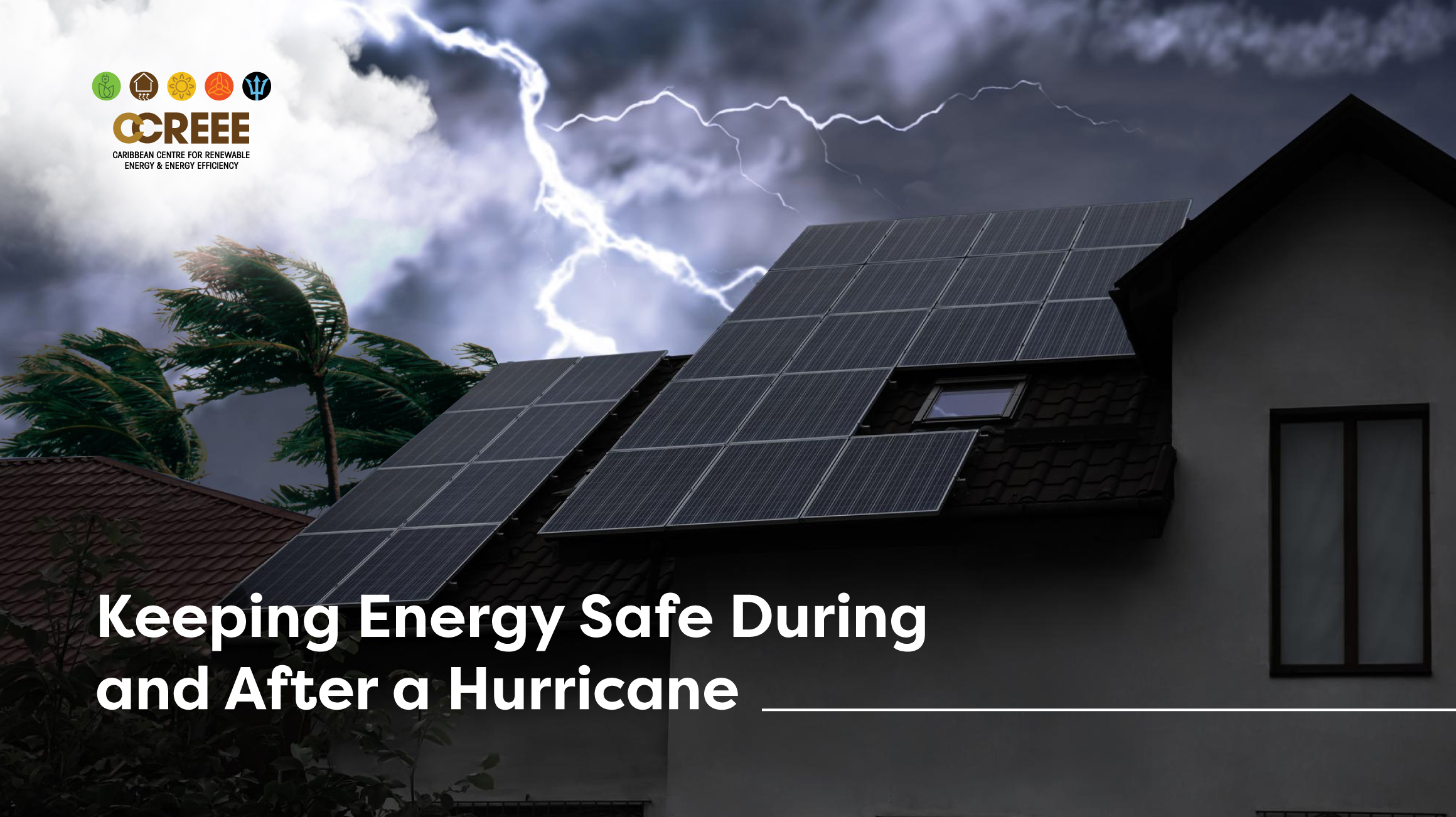
As the old hurricane rhyme goes:
“…September, remember;
October, all over.”
As we enter September, the people of the Caribbean do so with bated breath, a sense of uncertainty, and a cautious nervousness. September is no longer just a month to “remember”; it has become etched in the minds of thousands across the region, marked by the devastation of powerful Category 4 and 5 hurricanes that have struck repeatedly over the past years. The destruction left in their wake across many Caribbean countries lingers vividly in the collective memory of the people. These catastrophic events serve as stark reminders of the region’s heightened vulnerability, compounded by the intensifying climate crisis. In an era of climate uncertainty and the unprecedented formation and intensification of Hurricane Beryl in July this year, the familiar rhythms of the hurricane season no longer seem to offer comfort. September is now a time to brace for the full force of nature’s fury, especially given that the 2024 Atlantic hurricane season has been predicted to be above average.
Maybe it is time to rewrite the hurricane rhyme:
“May, now in play,
June, a warning tune,
July, winds will rise,
August, brace you must,
September, the storms appear,
October, still not over,
November, the skies surrender“
At the Caribbean Centre for Renewable Energy and Energy Efficiency (CCREEE), our mission to advance renewable energy and energy efficiency takes on even greater urgency during hurricane season. The region’s energy infrastructure that is already exposed to high winds, storm surges, land slippage and flooding, becomes even more vulnerable in the face of extreme weather. Damage to power grids, fuel supply chains, and critical energy systems can disrupt homes, businesses, and essential services, leaving communities exposed and in the dark. Preparedness is no longer optional – it is now essential. To help safeguard yourself, your family, and your energy systems, here are a few tips for keeping your energy secure before, during, and after a hurricane:
Energy security must remain a priority in the face of escalating threats posed by hurricanes. With strategic investments in renewable energy and comprehensive preparedness plans, we can safeguard our energy systems, ensuring that Caribbean homes and businesses are better equipped to weather the storm – this season and beyond.
The CCREEE plays a crucial role in advancing sustainable and resilient energy solutions in the Caribbean, helping to address the vulnerabilities and challenges faced by the region’s energy sector.